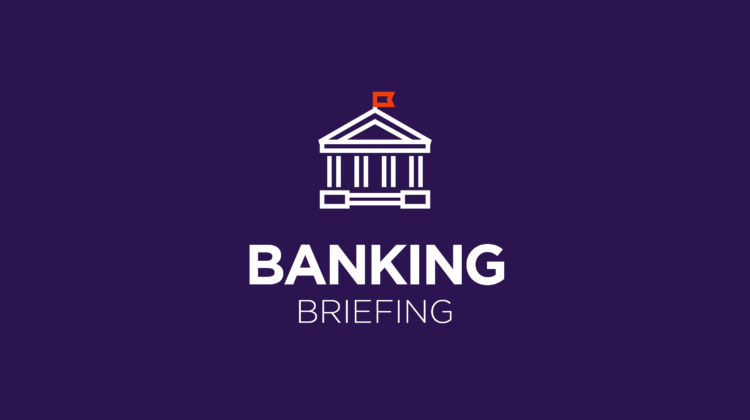Member Exclusive, New banks
Banking Briefing: A couple of challenger banks banking couples
- It's Valentine's Day, so why not take a look at a couple of fintechs focused on couples?
- On top of that, TD Bank has collected some hearty numbers in honor of the season.








